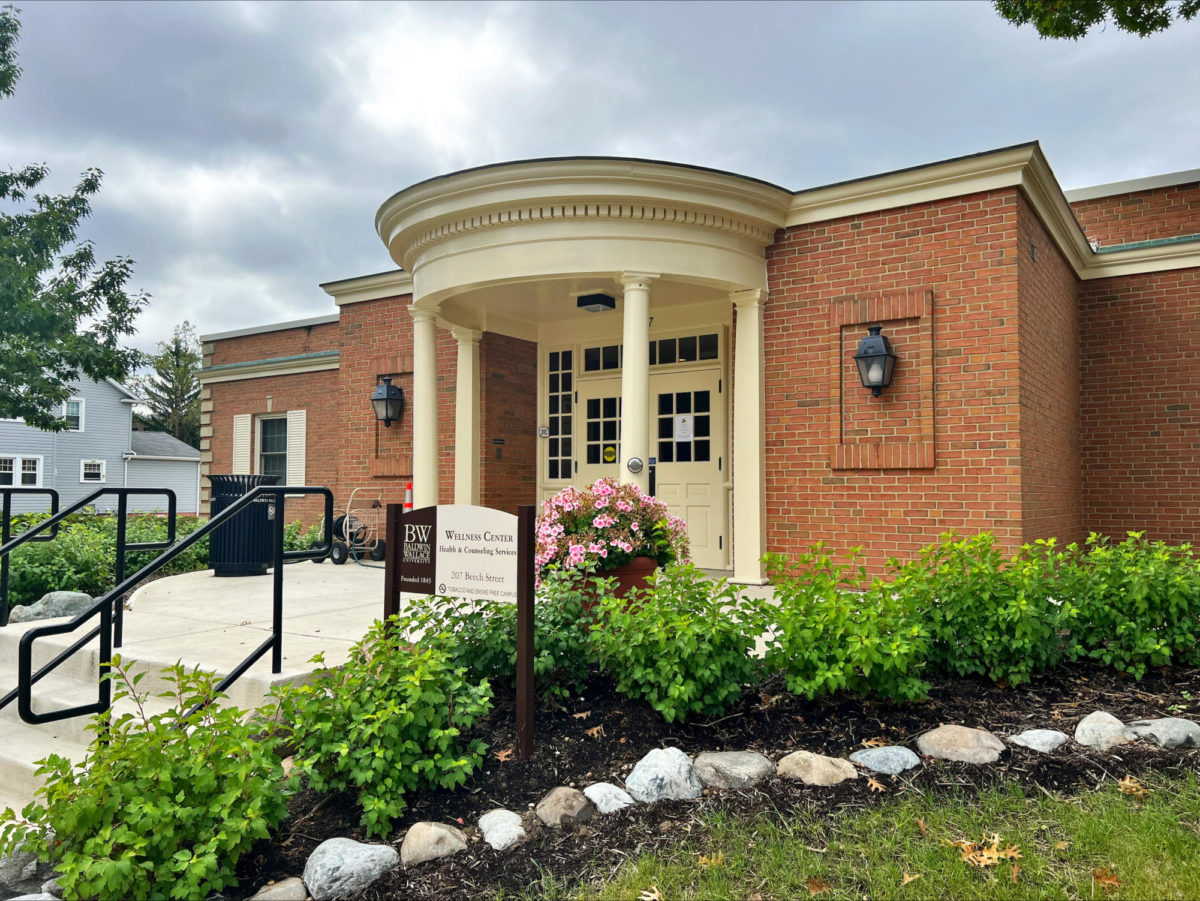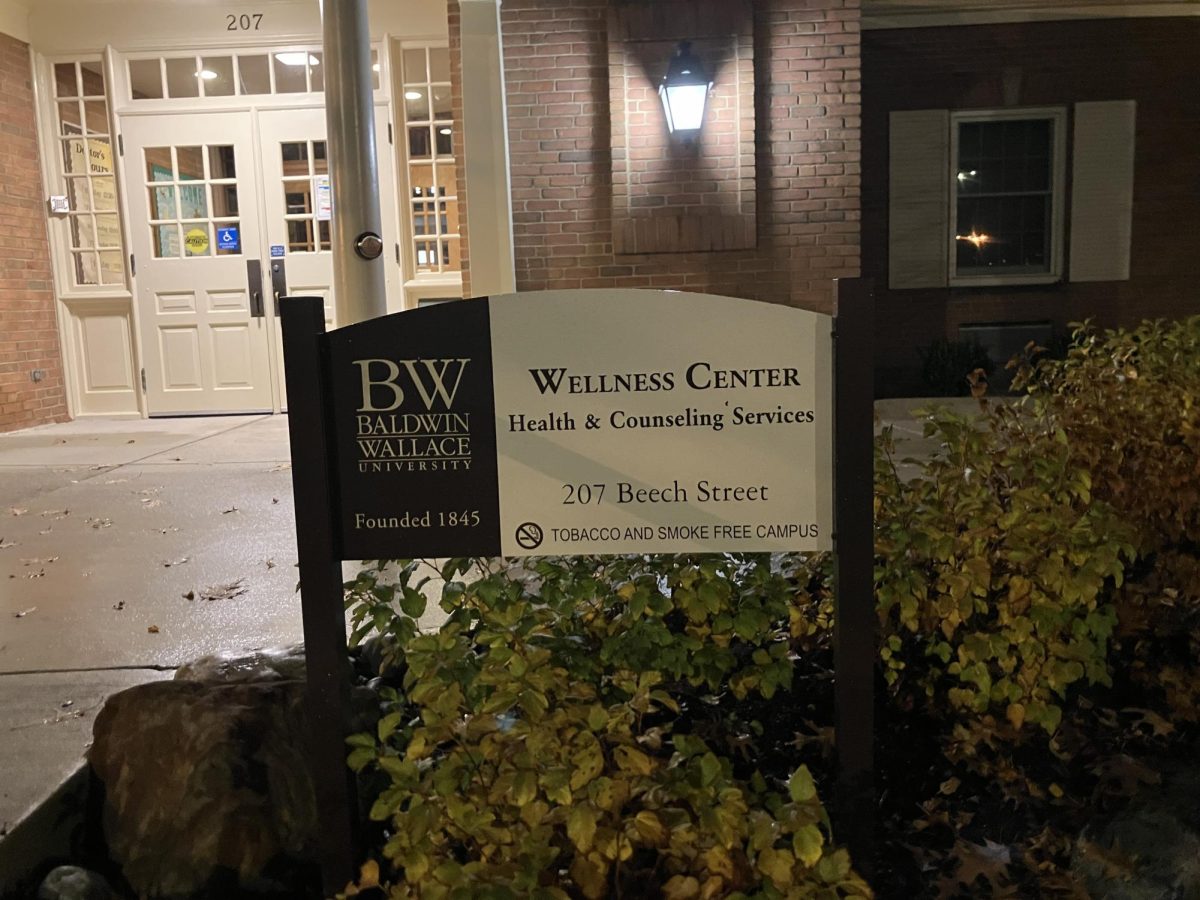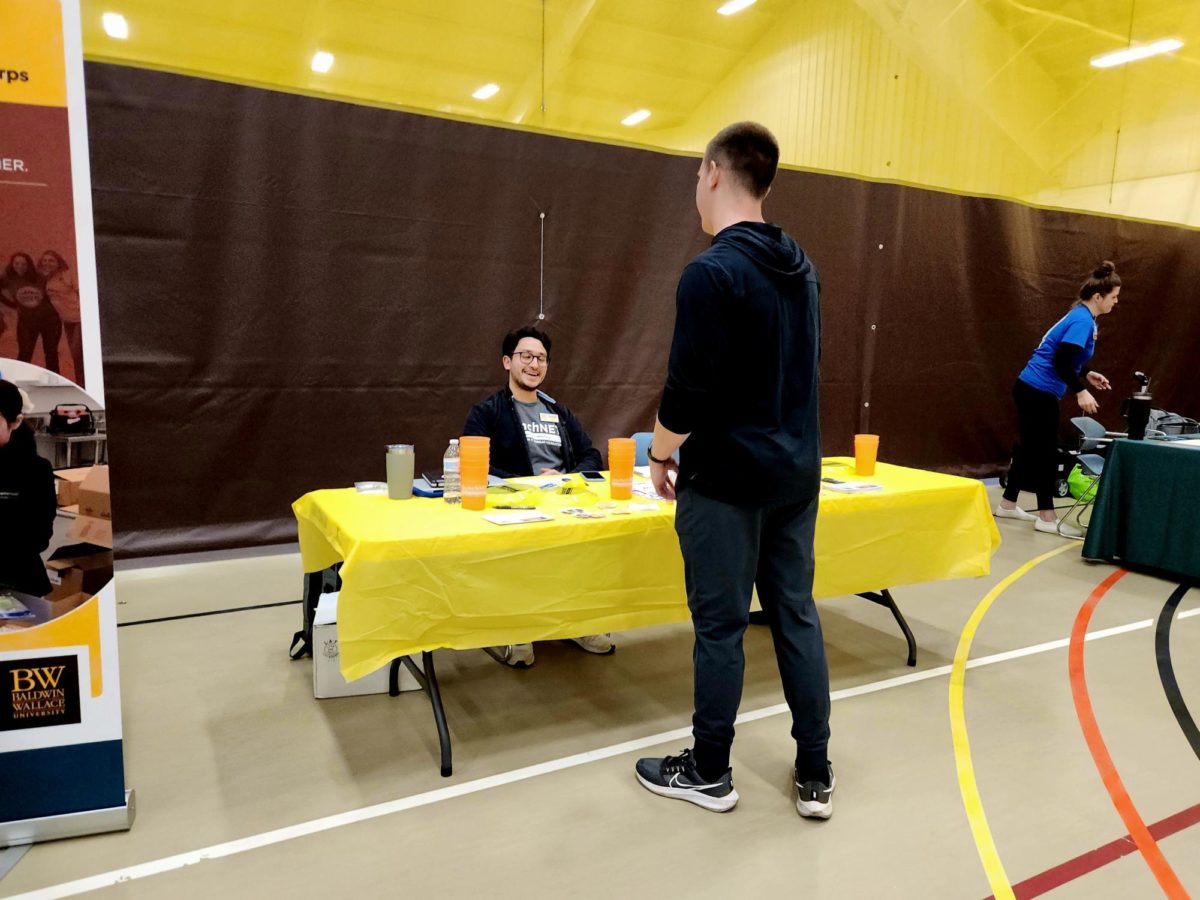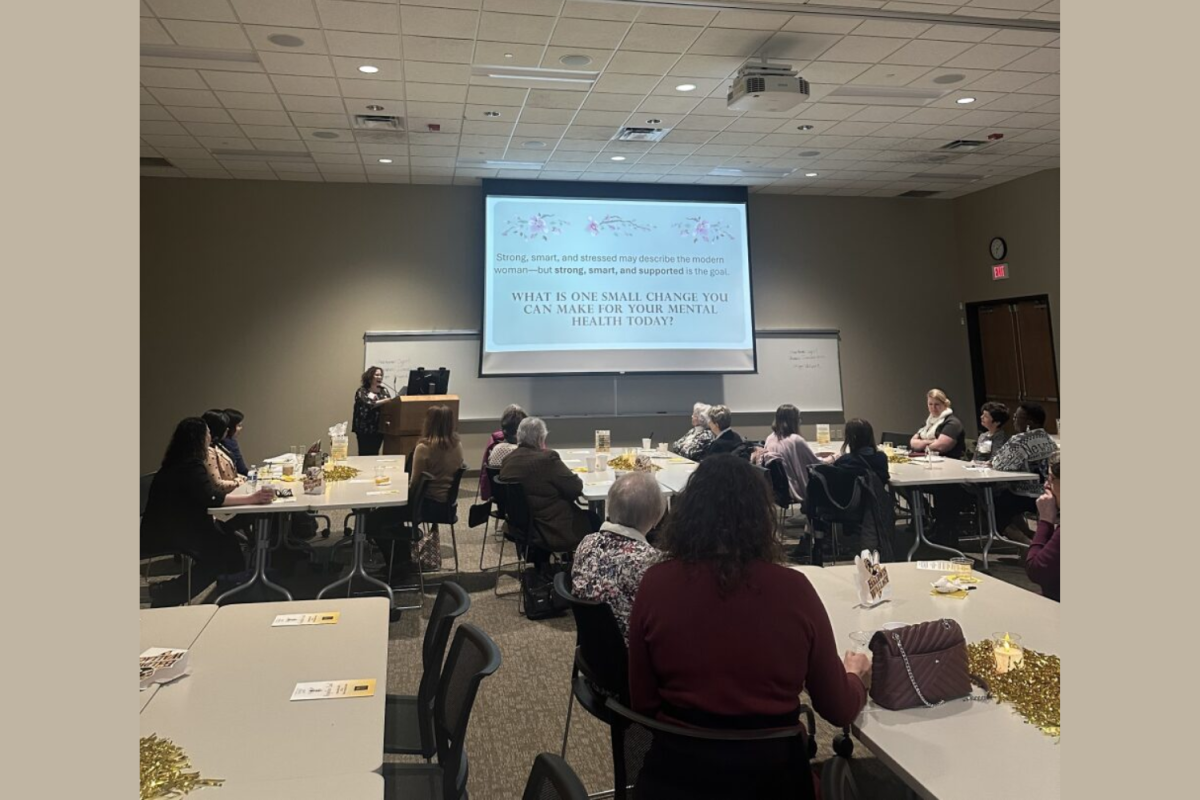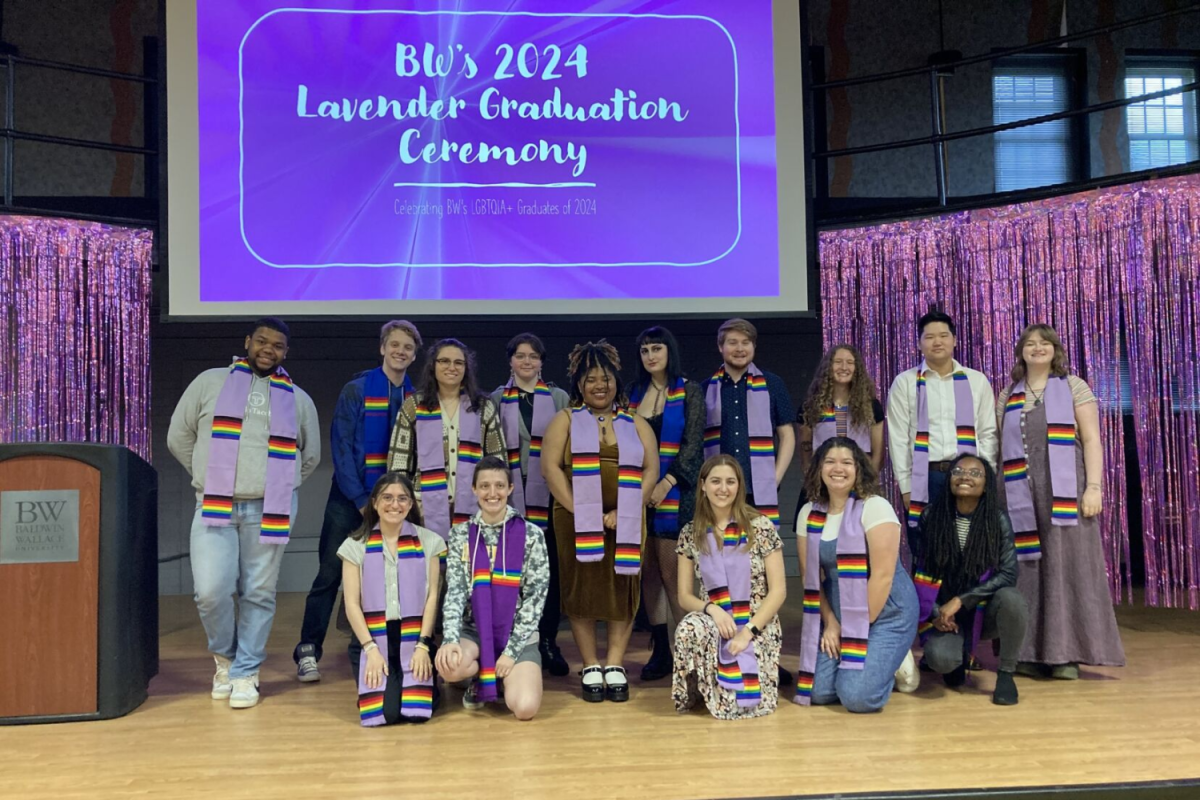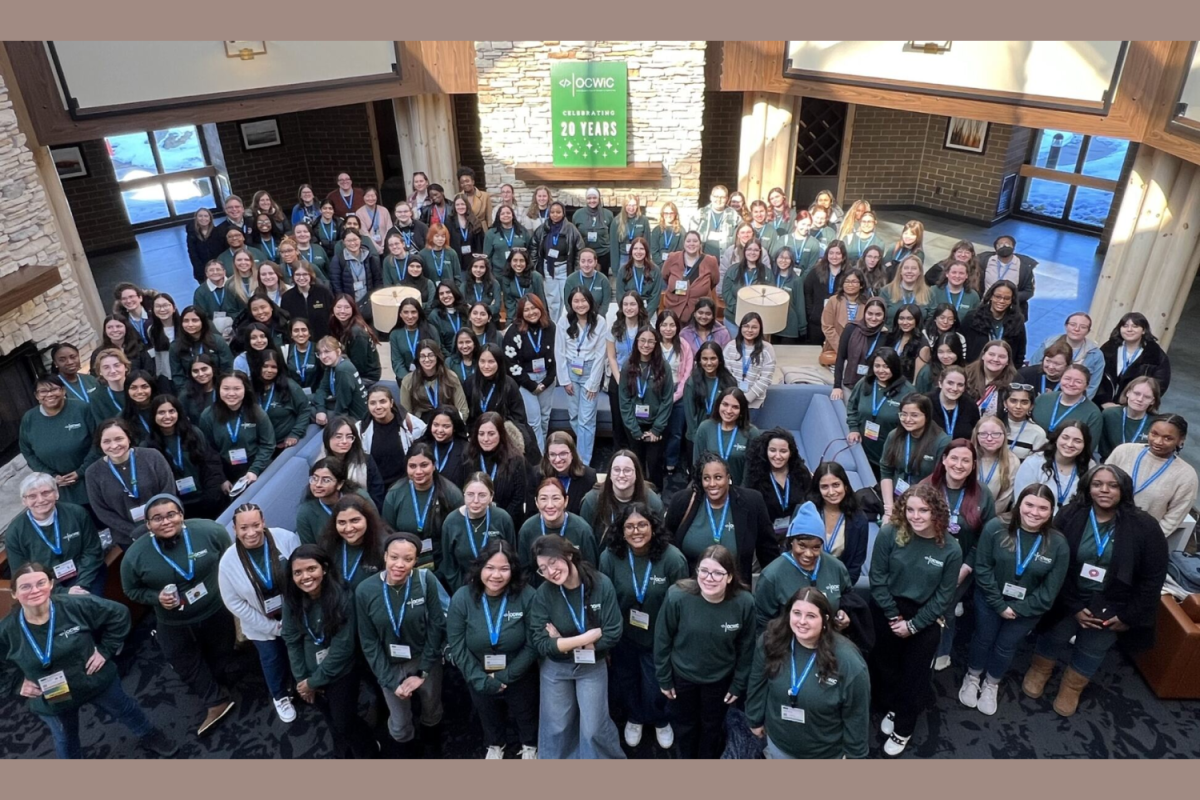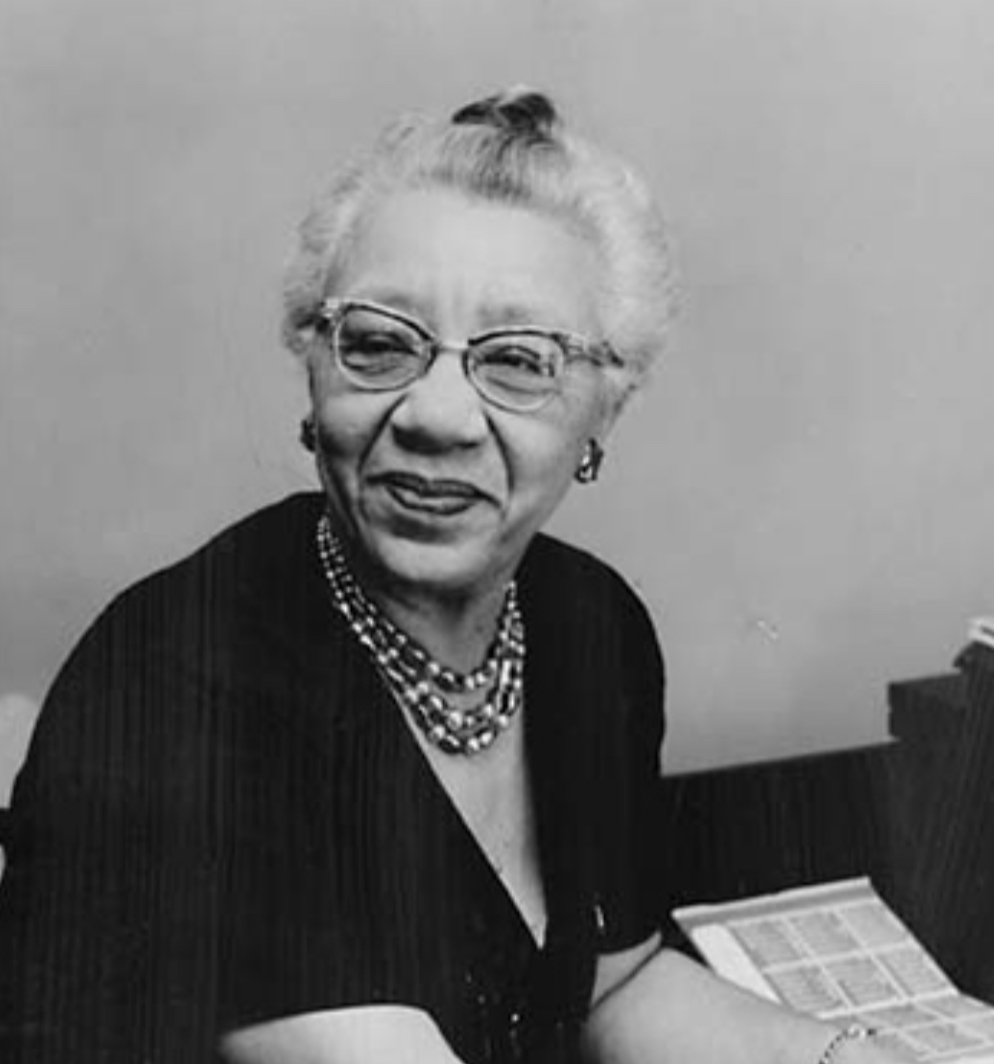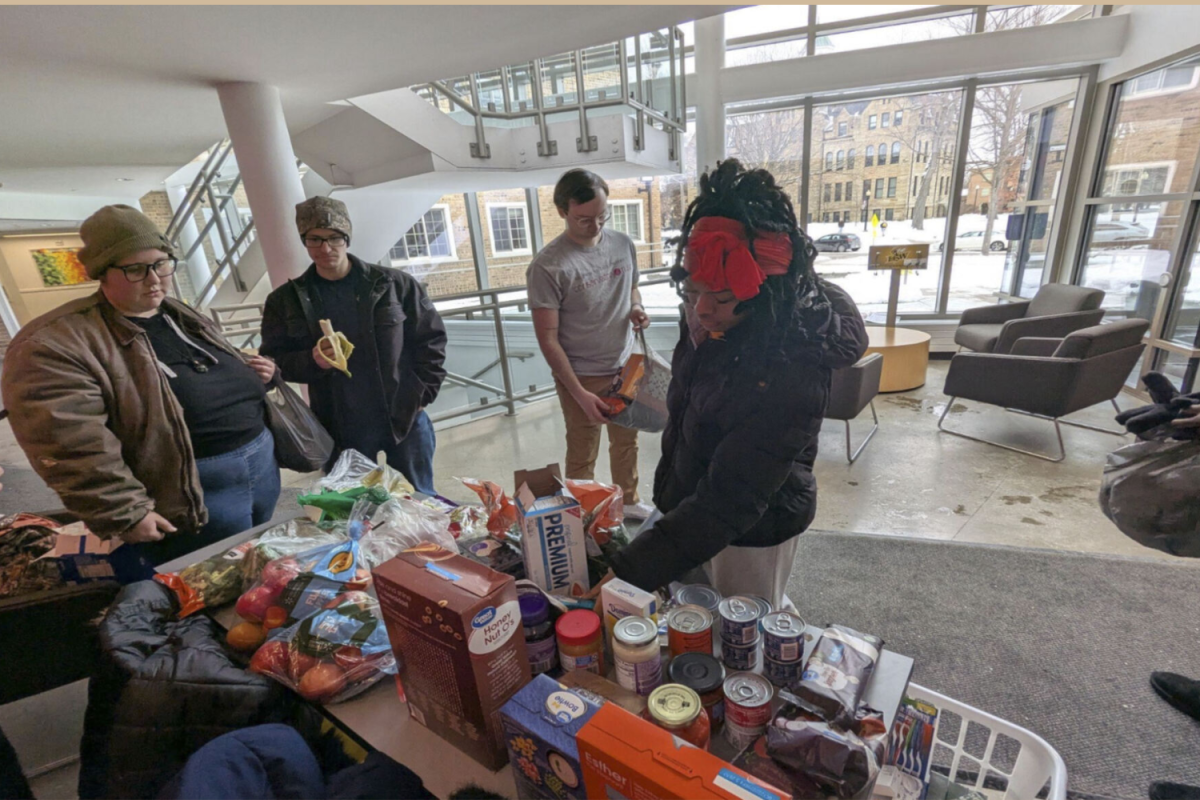Edited Oct. 6
With midterms season kicking-off, student anxiety may begin to rise, leading some to look for the resources available to them on campus.
Cat Hughes, a junior stage management student, said that during midterms season she always prioritizes “selfcare” and turns to people she trusts when in need. Hughes is also the president of Active Minds at BW, an outreach organization that works toward destigmatizing conversations surrounding mental health.
“I set very hard boundaries with myself about when I’m studying,” Hughes said. “I don’t do any work on the weekends.”
Every year, Active Minds plans “stress less week” for students, hosting events almost daily. For example, last year, one of the activities involved throwing ceramic plates at a wall to let out anger and stress.
Megan Weiss, a learning specialist from the Center for Academic Success and Achievement, located on the top floor of the Ritter Library, said that time management, working backwards, calendar planning and attending dropin tutoring are very effective methods of preparation.
One student who utilized the CASA resources, Mano Mazzagatti, a first-year finance student, said that although he was feeling well about his studies, the CASA resources were a cherry on top in slowing down the material he was learning into more digestible chunks.
“I felt good about midterms because I was doing well and doing my homework, but I did end up going to CASA to get tutoring for math class,” Mazzagatti said.
Other than drop-in tutoring, CASA offers other means of support such as academic coaching, reading and writing support and various online resources through their new website on Jacket Connect.
“You ge t Grammarly Premium as part of your tuition,” Weiss said. “There is also Brain Fuse, which offers 24/7 support and online tutoring.”
In a new addition to the first-year experience course, a faculty and peer-led class required for all first-year students designed to support their adjustment to college living, students visited CASA in person to learn about the resources available to them and spoke about how to stay mentally and physically healthy during midterms season.
Claudine Grunewald Kirschner Kirschner, the director of first-year and second-year experience, said that students should try to find study partners to support them along with reaching out to ask for help when needed.
This year consisted of students visiting CASA in person to learn about the resources BW has to offer. Grunenwald Kirschner said that the class will talk about how the students feel going into midterms while also focusing on reflection that helps academically, mentally and physically.
As for upper-classmen, Abby Collier said that the workload can increase throughout the years, but that learning to balance it is part of the process.
“Content isn’t extremely difficult, but definitely how much material we’re getting is something that I’m learning to balance and it’s a lot different than other courses that aren’t as rigorous,” Collier said.
Most importantly, Hughes said that when you study a subject that you enjoy, this can reduce stress immensely.
“It’s been a lot more of hands-on stuff for me, so it’s not been too difficult,” Hughes said. “I did switch my major to studying something I actually liked, which has been very helpful.”





























